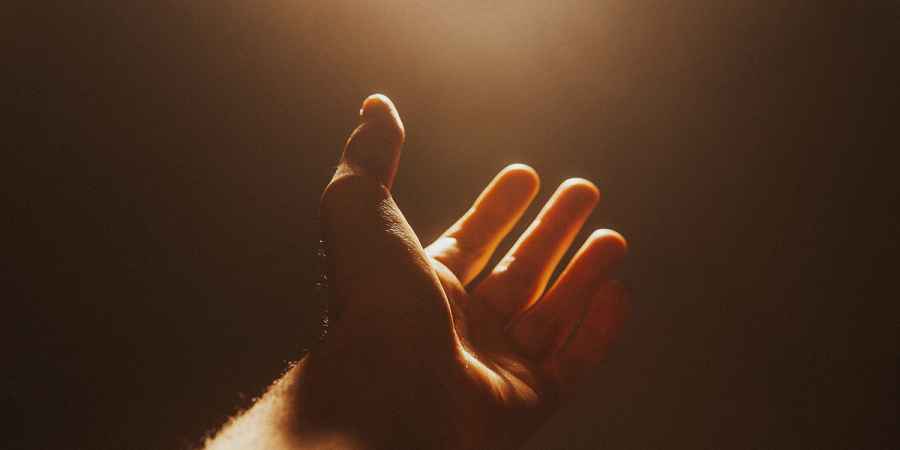
Photo: pixabay.com

Photo: pixabay.com
This page is more than one year old.
Psychometry is the idea that objects, particularly those with a strong emotional or historical significance, can hold memories or energies from their past, and through touch, individuals can perceive these memories or associated energies. The process essentially allows an individual, it is claimed, to obtain knowledge about an object's history or the events associated with it through physical contact.
Some believe that the ability to practice psychometry is a natural psychic gift that only a select few are born with. These individuals would be classified as mediums and would likely possess other psychic abilities such as clairvoyance, telepathy, and mediumship. However, others argue that psychometry, like any skill, can be developed through practice, focus, and training.
The objects chosen for readings are often those that are believed to have strong emotional, historical, or personal significance, as these are thought to carry the most potent energy signatures or psychic imprints. This can be anything from jewellery or other personal items like hats or glasses to photographs, toys, or childhood objects.
War memorabilia, antiques, and heirlooms that have been passed down through generations are particularly common in psychometric readings, especially those that might have been present during significant historical events or periods. Items containing personal thoughts and experiences, like letters and diaries, are also thought to be good objects for reading.
Objects retrieved from locations reputed to be haunted, such as furniture, books, or even fragments of the building itself, are sometimes used in psychometry to uncover stories or energies associated with paranormal activity.
It's believed that direct contact is essential for psychometry to work, so a practitioner normally physically touches or holds the object and opens themselves up to any impressions that come to mind. These can manifest in various forms, such as visual images, sounds, emotions, or even specific words or phrases. It can sometimes be symbolic or abstract, so the practitioner may have to use their intuition or experience to interpret that information.
Distinguishing between psychic feelings derived from an object and natural intuition, or instinct, is a challenge. Psychometrists claim that the psychic insight gained through psychometry involves specific information about an object's history, previous owners, or associated events that the individual could not have known through normal means. Whereas natural intuition or instinct often involves a more general feeling or sense about a situation or person.
One way to test the validity of psychic feelings is through verification of the specific information received. For example, if a person claims to receive detailed psychic impressions from touching an object, verifying these details against known facts about the object or its history can provide some measure of credibility to the claim.
Psychometry is used in a variety of situations, often by psychics, mediums, and paranormal investigators. This could be as part of a personal reading or a psychic medium demonstrating mediumship on stage to an audience. Although controversial, there are instances where psychics have been asked to use psychometry in attempts to find missing people. By touching the belongings of the missing individual, they aim to receive impressions that could lead to clues about the person’s whereabouts.
Paranormal investigators might use psychometry as a technique to gather information about a haunted or historic location or the individuals who might have lived there. By touching objects found in these places, they aim to receive psychic impressions that could shed light on the history of the site or even help identify the spirits believed to haunt it.
Like many aspects of the paranormal, the exact mechanisms by which objects could retain information and how humans might access and interpret this data are unclear. Some believe the process hinges on the idea of "residual energy," a term commonly used in ghost hunting circles that refers to an object or location's ability to absorb and retain energy from their surroundings. Emotions and thoughts could be seen as forms of energy that leave a "residual" imprint on objects. It's believed that under certain conditions or for those with a psychic connection, this captured moment from the past could be replayed.
While traditional psychometry relies on the psychic or intuitive abilities of individuals to read objects, there have been attempts to use technology to measure or detect similar types of energies or impressions. Some researchers believe that psychic energies or spirit presences might cause or be associated with electromagnetic fluctuations and use electromagnetic field (EMF) meters to attempt to detect them. These meters, as well as other ghost hunting devices, are often held or placed close to objects that are believed to hold a psychometric imprint.
Kirlian photography is a specialist technique that captures the electrical coronal discharges of objects. Some believe that this technique can capture the aura or energy field of objects and living beings. This could mean the method makes the same energies sensed in psychometry visible. However, Kirlian photography is not without its issues and has been attributed to natural electrical and moisture variations, rather than psychic energies.
Skeptics often point out that claims of psychometry lack empirical evidence and reproducibility, two cornerstones of the scientific method. For a claim to be scientifically validated, it must be consistently reproducible under controlled conditions. Psychometry, however, has not been reliably demonstrated in such settings.
The use of psychometry as part of displays of mediumship and personal readings is troubled by the usual claims associated with this field, such as the use of cold reading and other techniques that give the appearance of knowing more than they actually do. This can involve making high-probability guesses, picking up on clues from the person's responses, or making vague statements that can be interpreted in many ways.
This effect can be enhanced through confirmation bias, our tendency to search for, interpret, favour, and recall information in a way that confirms our preexisting beliefs or hypotheses. In the context of psychometry, this could mean that both the practitioner and the client or audience may be more inclined to remember and give weight to accurate or meaningful information while disregarding inaccurate information. This bias can make psychometric readings seem more accurate or meaningful than they objectively are.
In many cases, psychometric readings can be attributed to coincidence or the reader's prior knowledge, whether that is conscious or subconsciously manifested. Others swear by its effectiveness in connecting with the past and uncovering hidden stories. As with many aspects of the paranormal, belief in psychometry often depends on personal experiences and viewpoints.
More Essential Parapsychology
See All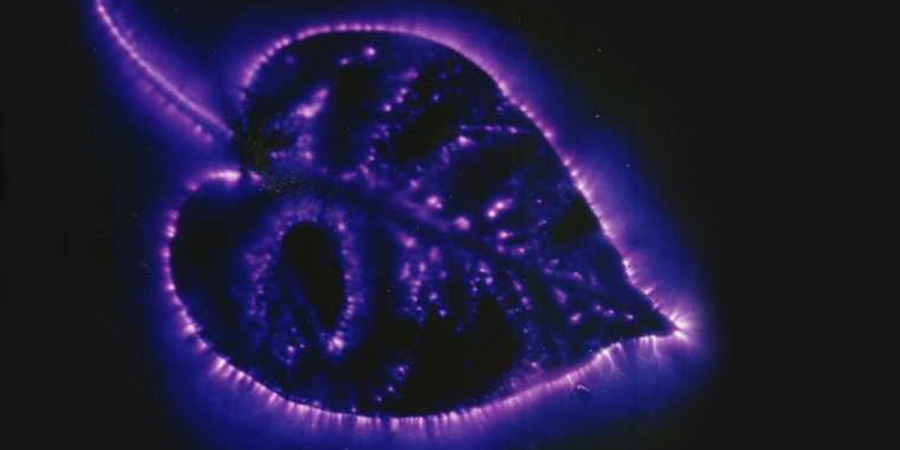
ArrayOctober 11, 2024
The Reality Behind Kirlian Photography’s Glowing Auras
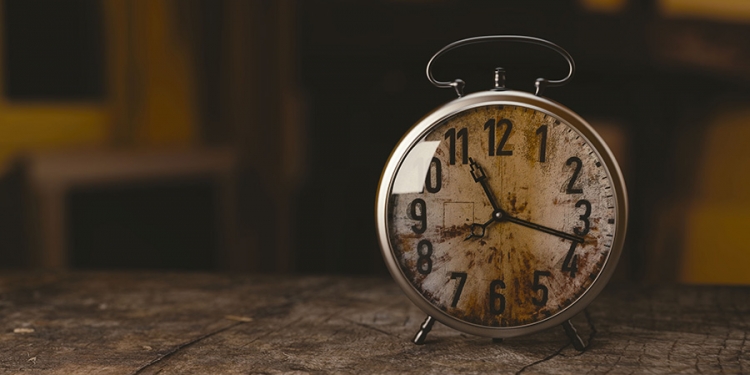
ArrayOctober 07, 2024
Could Retroactive Psychokinesis Allow Us To Influence The Past?
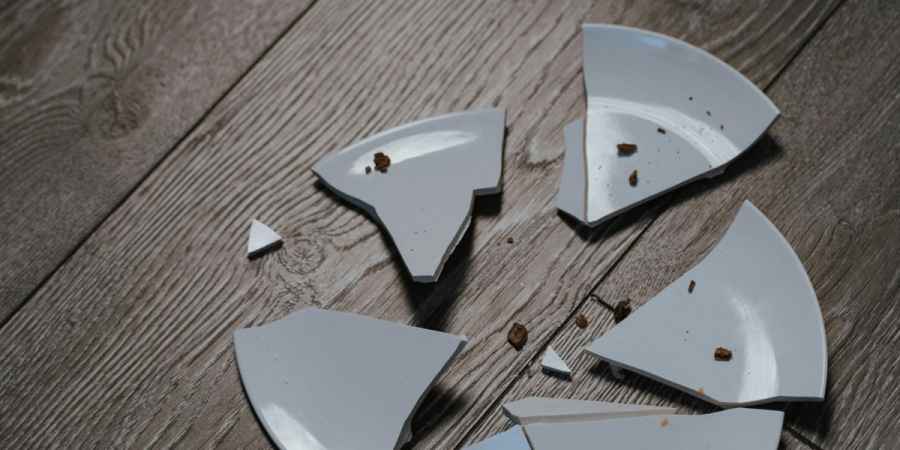
ArrayOctober 05, 2024
What Spontaneous Cases Are & Why Parapsychologists Research Them
Further Reading
Dive into the world of the paranormal and unexplained with books by Higgypop creator and writer Steve Higgins.

Alone At The Inn
The full account of a solo paranormal investigation at the Ancient Ram Inn, tied to a documentary film.
Buy Now
The Ghost Lab: Paranormal Meets Science
A critical examination of ghost hunting tools and their scientific foundations.
Buy NowMore Like This
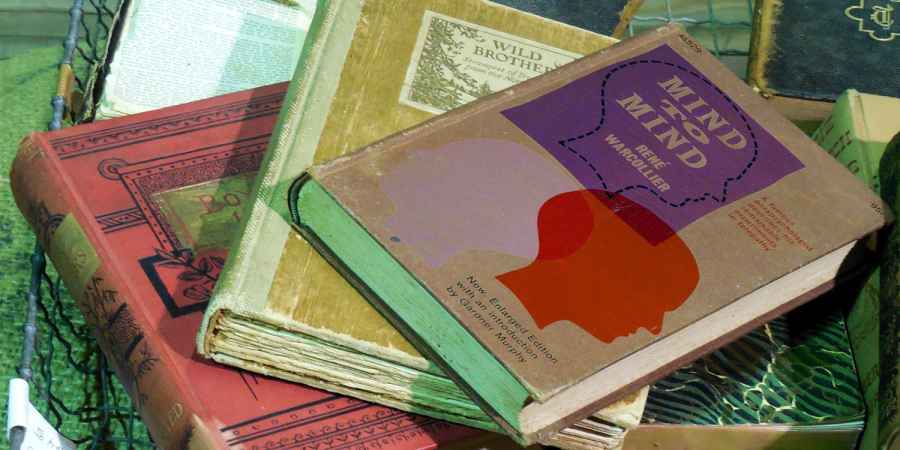
BooksMarch 17, 2025
Revisiting 'Mind To Mind': René Warcollier's 1948 Book On Telepathy
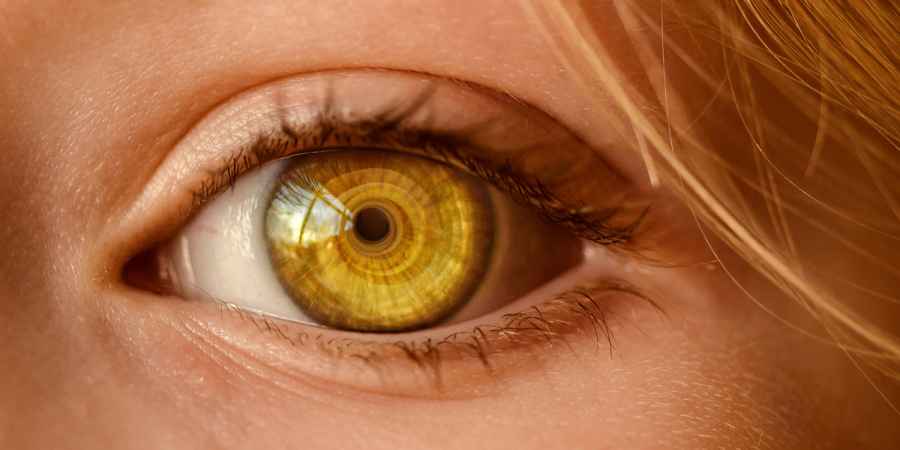
Remote ViewingMarch 16, 2025
Remote Viewing Glossary: Key Terms & Definitions
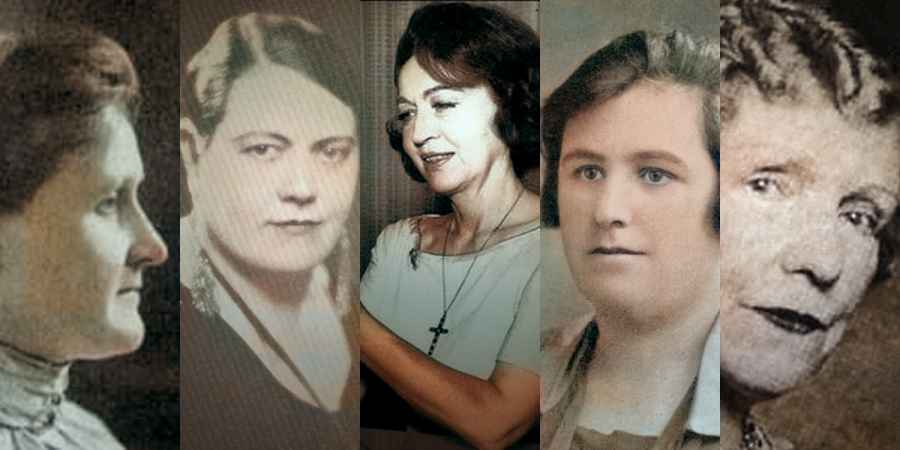
Womens DayMarch 08, 2025
Influential Female Psychics & Mediums

Remote ViewingMarch 07, 2025
Examining The Best Evidence For The Existence Of Remote Viewing
 See More on Audible
See More on Audible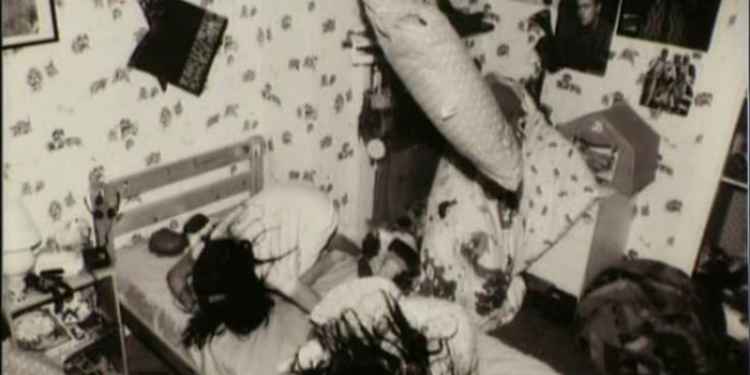

Comments
Want To Join The Conversation?
Sign in or create an account to leave a comment.
Sign In
Create Account
Account Settings
Be the first to comment.